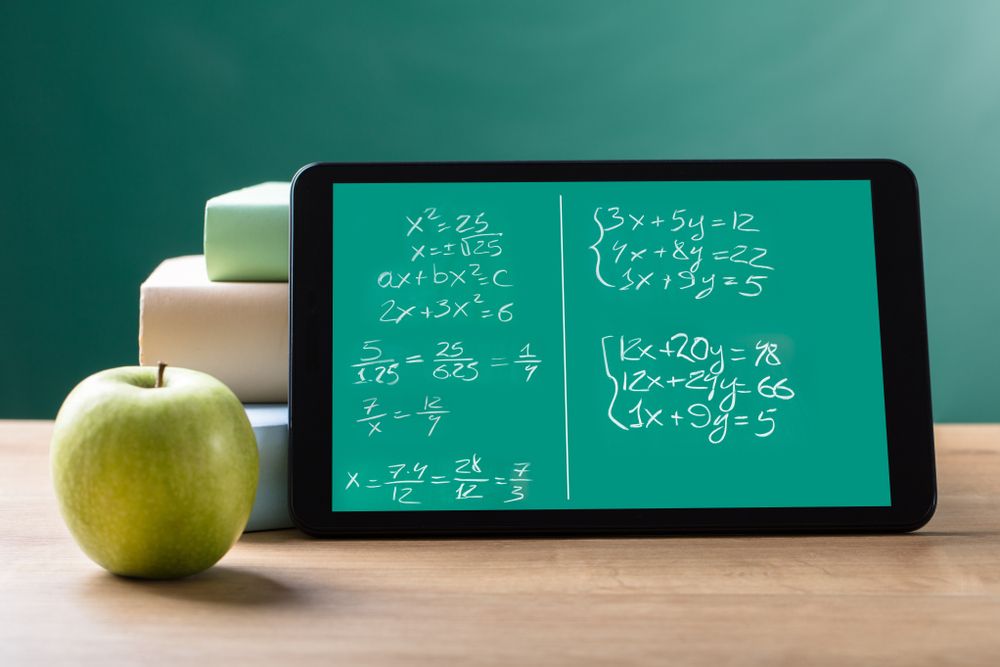Agudah welcomes the long-awaited rollout of the Smart School Bond Act (SSBA) program, giving nonpublic schools an additional $25 million than previously offered. The yeshiva share of this additional money is $11 million, bringing the yeshiva total allotment to $21 million.
The SSBA program, approved by voters on November 4, 2014, authorized $2 billion to improve education in NYS public schools. School districts could earmark some of that money for classroom technology. In that case, the districts must loan devices, equal to the proportionate share of the technology items ordered, to nonpublic schools.
Thanks to five years of advocacy by the Agudah and the Committee of New York City Religious and Independent School Officials, the money was distributed equitably to children in nonpublic schools, including yeshivas.
The $25 Million Dollar Mistake
Agudah’s advocacy began in response to the seemingly low appropriations for nonpublic school students. The New York City Department of Education originally advised that the nonpublic school allocation would be $92.60.
After researching the subject, Avrohom Weinstock, Esq., Agudath Israel’s Chief of Staff and Associate Director for Education Affairs, realized that certain school districts, including the NYC DOE, misinterpreted state guidance on the matter. The districts were not calculating funds to offset specific categories of technology items that were, in reality, included in the statute and the state’s interpretation of it.
Agudath Israel and its coalition swung into action. Mr. Weinstock penned a brief showing why the NYC DOE should provide a much higher per capita amount to nonpublic school students. Agudah met numerous times with state officials at the highest levels to correct this inequity.
As a result, the NYS Legislature allocated an additional $25 million for nonpublic school technology under SSBA. That’s a total of $201.32 per child, which is an extra $108 per child, more than double the previous allotment of $92.60! That translated into an additional $11 million for yeshivas.
Special thanks to Mr. David Rubel of the Sephardic Community Federation and the United Jewish Organizations of Williamsburg for his role in this effort.
(You can read more here.)
Another Omission
Later this past summer, Mrs. Deborah Zachai, Agudah Director of Education Affairs, was looking over the draft list of nonpublic schools that would be receiving an allocation. She noticed that some nonpublic special education yeshivos were not included.
Mrs. Zachai reached out to the DOE, pointing out the omission. The DOE responded that since special ed schools are already supported by the state, they got a separate allocation for technology.
That was true, but not all special ed schools are state-funded programs. Mrs. Zachai compiled a list of many non-state supported special ed yeshivos and submitted it.
Thanks to her diligence, those programs are now receiving funds for technology.
No Longer Under Warranty
But there was one more issue that needed to be resolved. NYC was requiring nonpublic schools to use part of their SSBA allocation to purchase five-year warranties and security devices for classroom technology they chose to purchase with SSBA funds.
The requirement would increase the cost of the technology, in many cases, beyond the value of the technology itself. And, as consumers all know, most technology is obsolete long before the five-year mark. Students would receive less actual technology because schools would be forced to divert their limited SSBA allocations. In addition, the list of items they would be allowed to order from would be considerably smaller if they were limited to items with five-year warranties.
The Committee reached out to the State Education Department to support this position. In particular, Mrs. Sara Seligson of the Jewish Education Project and Michael Coppotelli of the Archdiocese of New York spent time working on this.
Due to their efforts, the state agreed with our position that nonpublic schools should not be required to purchase five-year warranties.
We’re Very Grateful
Agudah and the Committee are extremely gratified to see the SSBA roll out with those changes in place.
Mrs. Zachai sums it up, “It’s been a long journey, but we are very grateful that yeshivos and other nonpublic school will now be receiving their fair share of SSBA dollars.”
(YWN World Headquarters – NYC)











